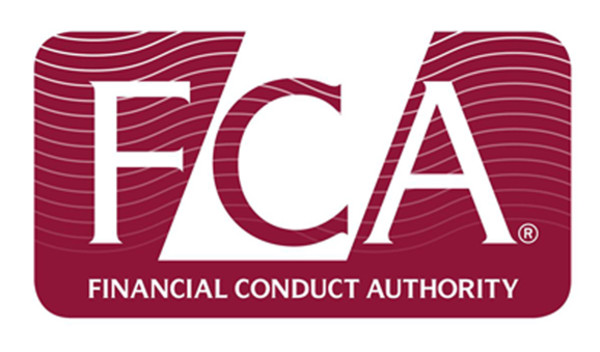The UK’s financial services regulators have for many years said that they mean to hold individuals to account for wrongdoing in financial services.
But those claims have rung hollow when we have seen, year after year, the focus of high-profile enforcement action typically being meted out on corporates whenever there has been systemic wrongdoing in the sector.
In the past five years the Financial Conduct Authority imposed a total aggregate of more than £3bn on firms. It is true that the numbers of prosecutions by the Financial Services Authority (now FCA), for example for insider dealing, have been trending upwards over the past decade.
But the regulatory sanctions (fines and bans) against individuals has not been rising in line with this trend. Significantly, the regulators’ higher aim – to hold senior management to account for systematic failures in firms – has largely eluded them.
Could this all be about to change? For the first time, it appears the stars are in alignment for a radical transformation that will finally make individual accountability real. In the background to the FCA’s current regulatory approach is its loudly voiced ambition to bring about cultural change in the industry.
Key points
- The FCA wants to bring about cultural change in financial services.
- The Parliamentary Commission on Banking Standards recommended to hold individuals to account.
- A firm must take reasonable care to ensure that no employee performs any functions that could pose a risk to the client or firm without having been certified.
Layered on top of this is the recently introduced (and soon to be rolled out to the whole regulated industry) Senior Managers and Certification Regime (SMCR), creating a new legal framework that makes it easier for the regulators to hold senior managers to account.
Finally, there is the FCA’s new approach to investigations and enforcement, introduced after Mark Stewards’ arrival at the helm of enforcement in late 2015, and coinciding with the publication of a report into the FSA’s handling of the HBoS failure. With these forces all pulling in the same direction, the signs are that we are entering a new era of regulation where senior management accountability is real and will be felt.
Culture
The FCA’s driving ambition to change the culture of the industry forms the backdrop to many of its current regulatory initiatives.
The financial crisis of 2008 was followed in subsequent years by what is often described as a “conduct crisis”. Still reeling from the shock of the widespread conduct issues that brought about payment protection insurance mis-selling, new scandals emerged in the industry.
This time on the wholesale side; misconduct was revealed across multiple firms in Libor and Forex benchmark setting.











